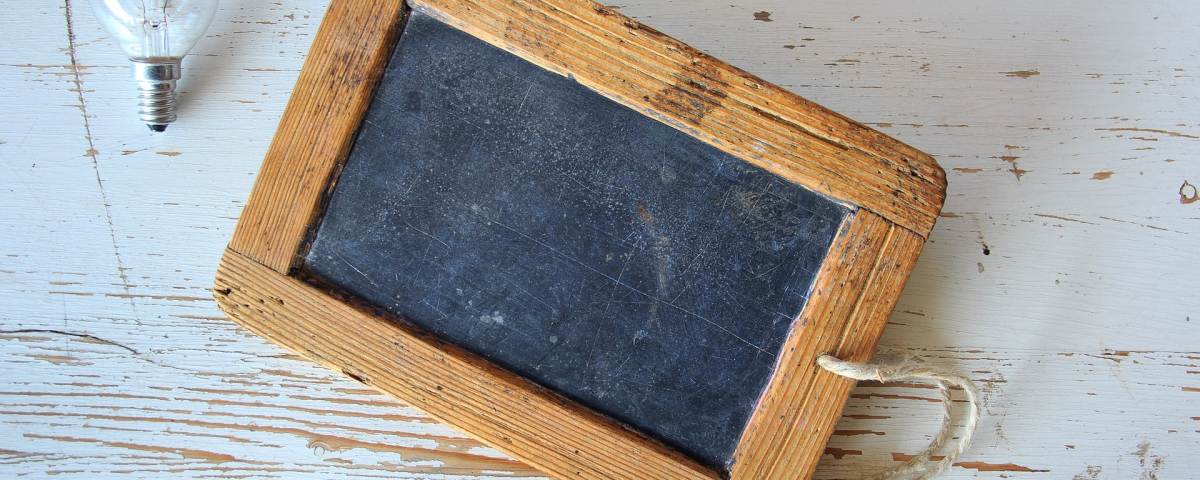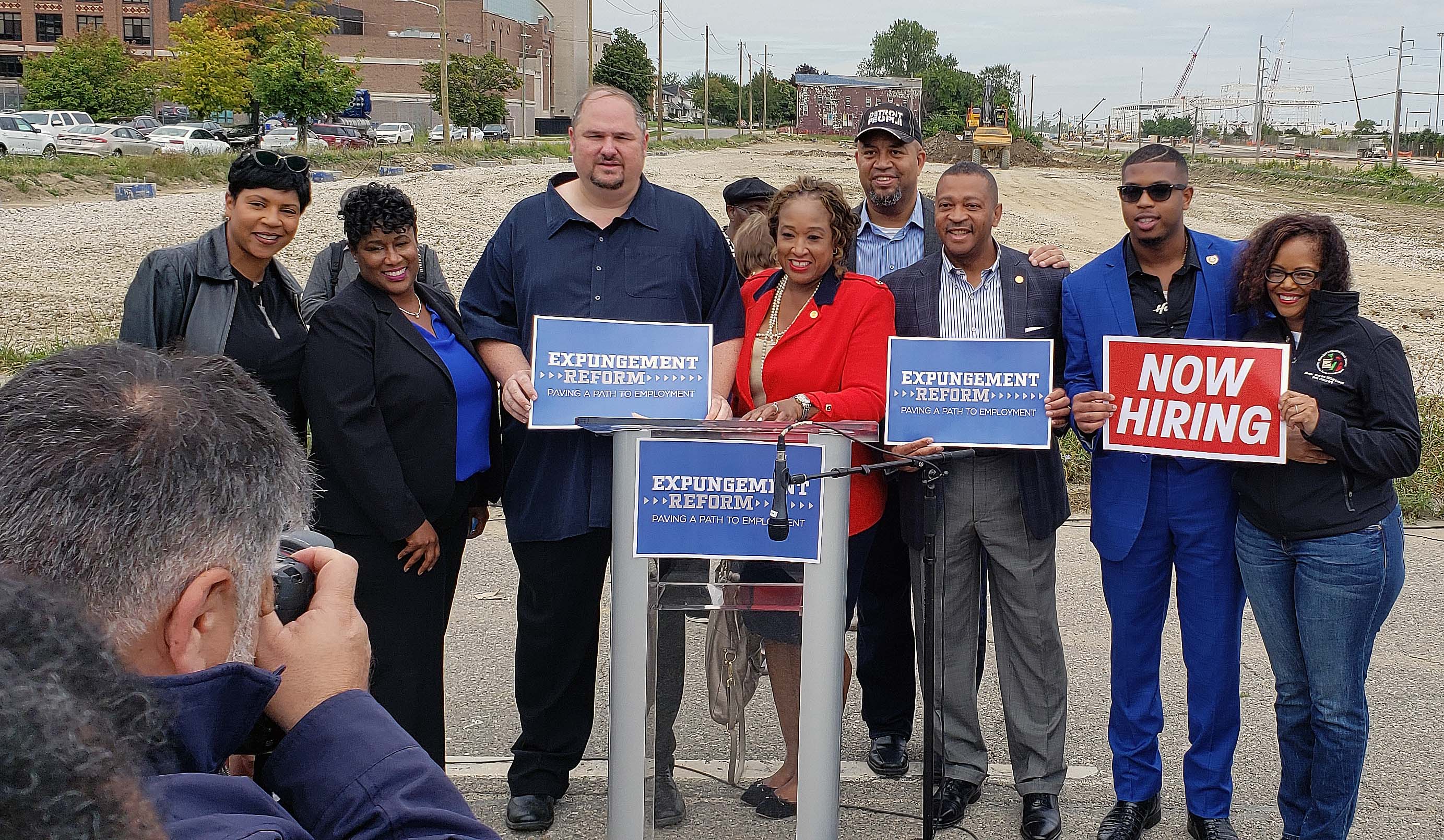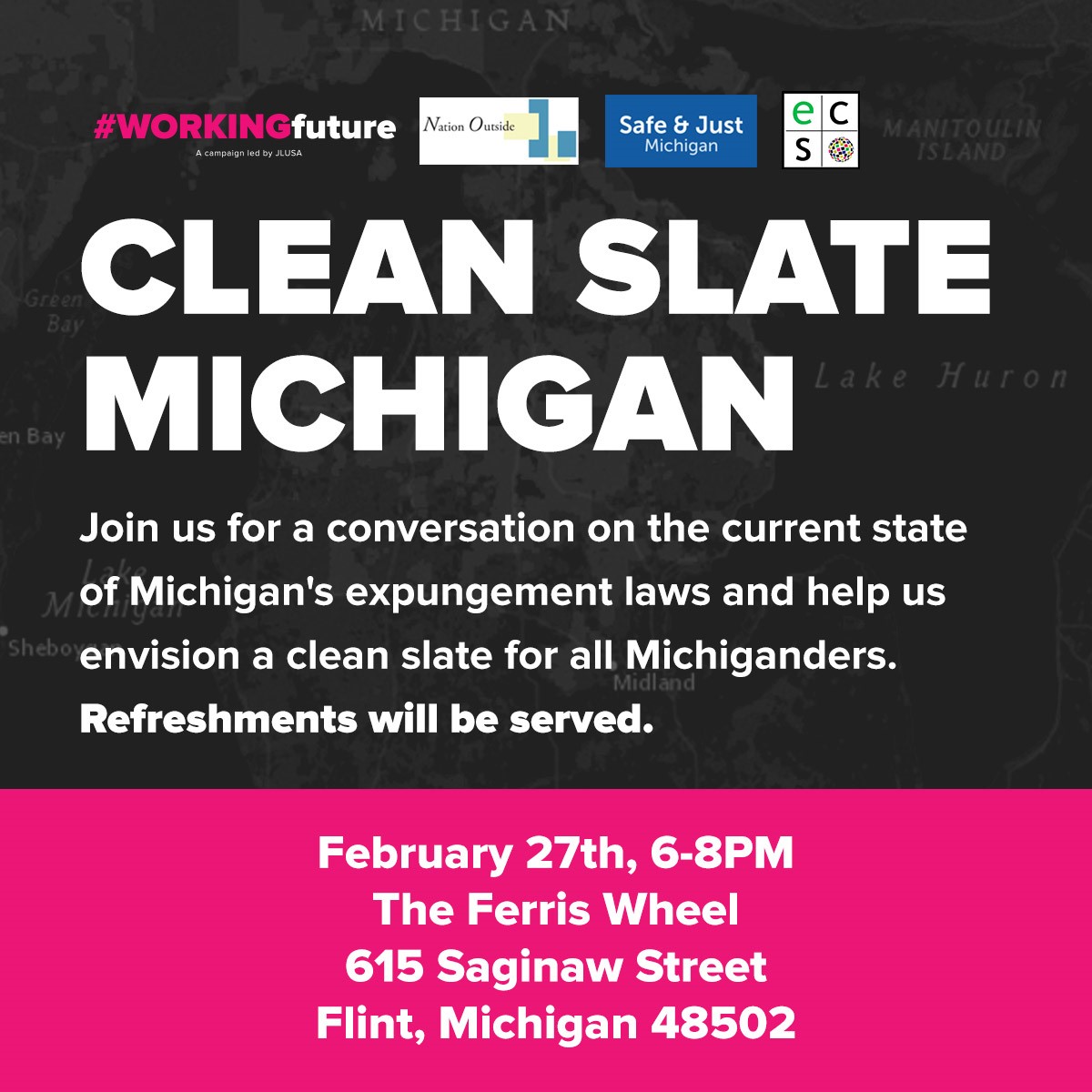

North Carolina broadened felony and misdemeanor eligibility criteria. Georgia for the first time authorized the sealing of convictions, covering pardoned records and up to two misdemeanors. Michigan significantly expanded sealing eligibility for misdemeanors and felonies. In 2020, four states enacted major reforms expanding eligibility for petition-based conviction relief. General conviction relief (9 states, 14 laws) Further detail about a particular jurisdiction’s record relief laws can be found in the CCRC Restoration of Rights Project, which includes both individual state profiles and 50-state comparison charts for conviction and non-conviction records.)

#Clean slate bill michigan full
(Our full report on 2020 legislation is available here. Seven bills that were vetoed are described at the end. Other reforms addressed marijuana offenses, victims of human trafficking, juvenile records, and more.īelow we summarize 2020’s record relief reforms, broken down into six categories: general conviction relief (9 states, 14 laws), automatic conviction relief (4 states, 5 laws), non-conviction records (4 states, 4 laws), marijuana offenses (6 states, 5 laws, 2 ballot measures), offenses by victims of human trafficking (3 states, 3 bills), and juvenile records (5 states, 6 laws). Kentucky and North Carolina authorized the automatic sealing of many non-conviction records (with simplified petitions for others), consistent with a 2019 model law on non-conviction records developed by a group of practitioners under CCRC’s leadership. Michigan, along with three other states, also enacted major legislation expanding eligibility for petition-based conviction relief. expungement, sealing, set-aside) last year. In total, 20 states enacted 35 bills and two ballot measures creating or expanding record relief (i.e. This announcement follows a productive year for record relief reforms in 2020, when Michigan became the sixth state to enact automatic relief for a range of conviction records, the most expansive such authority enacted to date. Yesterday, the Clean Slate Initiative, a bipartisan national effort to automate the clearing of criminal records, announced four new state campaigns in Texas, New York, Oregon, and Delaware, joining ongoing campaigns in Louisiana, Connecticut, and North Carolina to advocate for automatic record relief legislation. National Inventory of Collateral Consequences of Conviction (NICCC).
#Clean slate bill michigan registration

The bill is also expected to help with the following:

A study by the University of Michigan law school says folks who receive cases like these removed from their record will see their yearly income increase by 23% according to WWMT.


 0 kommentar(er)
0 kommentar(er)
